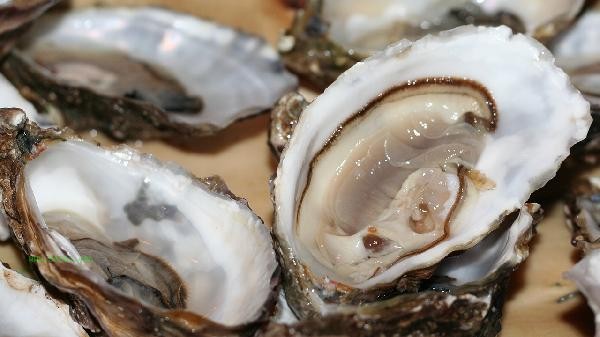Regular and moderate consumption of oysters is harmless to the body, but excessive consumption may pose health risks. Oysters are rich in nutrients such as zinc, selenium, and high-quality protein, which help enhance immunity and antioxidant properties. However, caution should be taken against high purine, high cholesterol, and potential heavy metal pollution. As a highly nutritious shellfish, oysters have a much higher zinc content than most foods. Moderate intake can improve male reproductive function, promote wound healing, and help maintain normal taste. Taurine in oysters helps regulate blood lipids, and vitamin B12 is crucial for neurological health. For people with iron deficiency anemia or postoperative recovery, oysters can effectively supplement nutrition with iron and protein. It is recommended to consume no more than 200 grams per week, along with vegetables and fruits rich in vitamin C, to enhance iron absorption. Long term excessive consumption of oysters may lead to excessive purine intake, triggering acute gout attacks, especially for those with abnormal uric acid metabolism, which should be strictly controlled. Oysters in some sea areas may accumulate heavy metals such as lead and cadmium, and frequent consumption can increase the burden on the liver and kidneys. Raw oysters pose a risk of infection with Vibrio parahaemolyticus and norovirus. Children, pregnant women, and other immunocompromised individuals should thoroughly heat them before consumption. People with weak gastrointestinal function may experience diarrhea, and those with allergies should be alert to histamine induced skin itching or respiratory symptoms.

It is recommended to purchase fresh oysters through legitimate channels and thoroughly heat them until the shells are open during cooking. Paired with ginger vinegar juice, it can not only kill bacteria but also neutralize coldness. For those with spleen and stomach deficiency and coldness, perilla leaves can be added. Pay attention to diversification in daily diet and avoid excessive intake of single ingredients. Gout patients can replace oysters with low purine fish or soy products. If discomfort symptoms such as diarrhea and rash occur, it is necessary to stop eating and seek medical attention in a timely manner. Regular physical examinations should be conducted to monitor blood uric acid and liver and kidney function indicators.










Comments (0)
Leave a Comment
No comments yet
Be the first to share your thoughts!